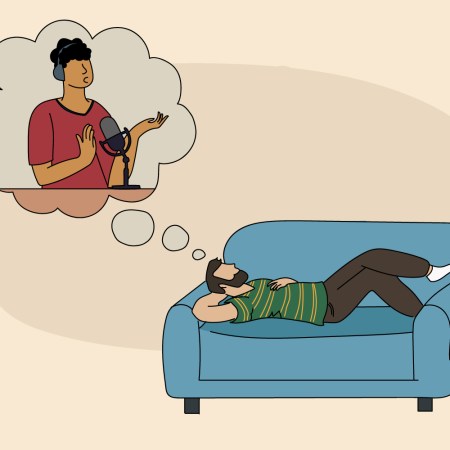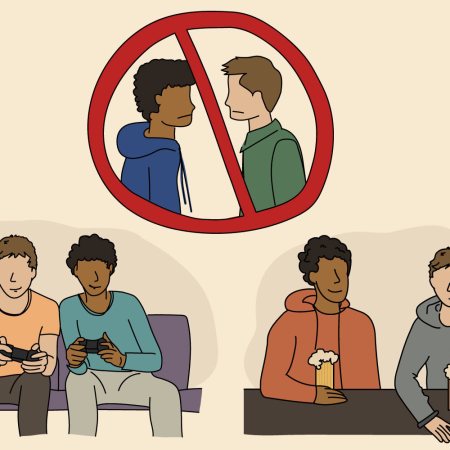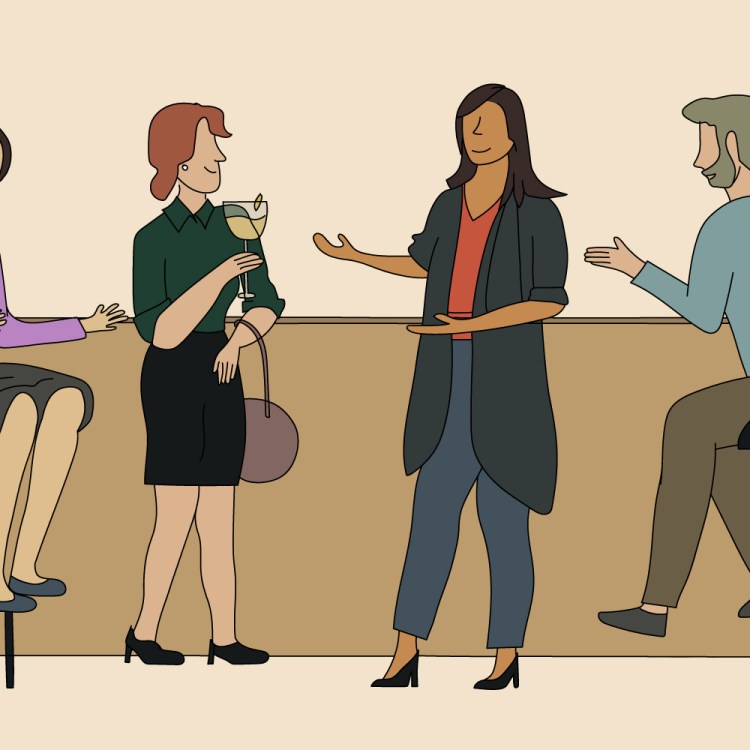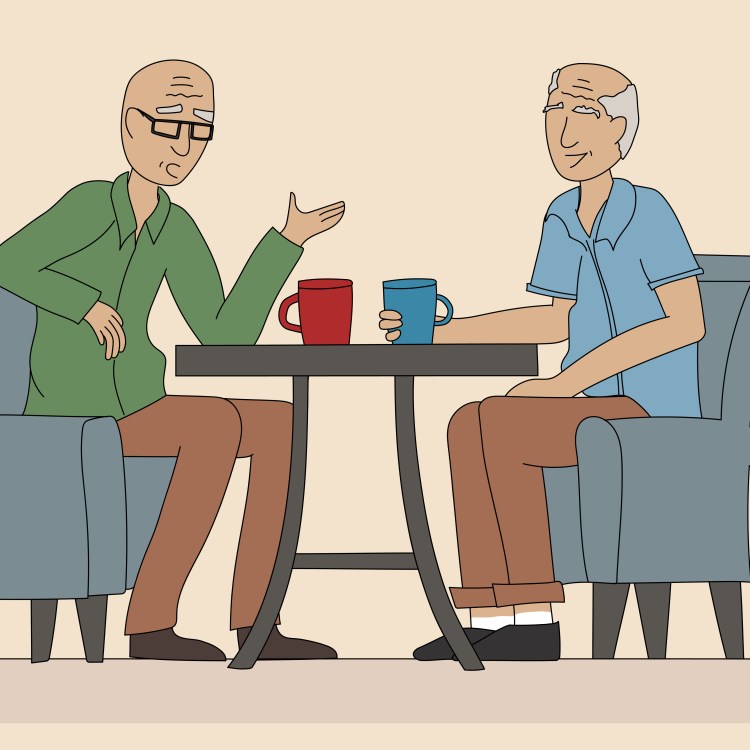It’s common parlance for New Yorkers to refer to the first Sunday in November as “one of the best days of the year.”
That’s the day the New York City Marathon comes to town. The weather’s generally pretty good, the race brings all its yearly traditions and donations (fundraising around $50 million), and for hours on end, adults stand on street corners to cheer on friends and strangers alike.
It’s a touching and uncommon display in an infamously crabby city, and it’s telling that so many locals — many of whom tend to spend Sundays fighting personal scaries — come away from the experience so energized and inspired.
Running 26.2 miles is a stunning achievement in its own right, with physical and mental health benefits that could pay dividends for decades. But cheering for someone else’s accomplishment is potent in its own way; making signs, offering a hug at the finish line, buying a runner their victory beer — these things are examples of freudenfreude, the practice of deriving joy from the success of others.
As The New York Times recently explained, freudenfreude is the opposite of schadenfreude, the German term for when we revel in the misfortune of others. Philosophers have debated for over 150 years whether schadenfreude has any worth: the 19th century philosopher Arthur Schopenhauer described it as “an infallible sign of a thoroughly bad heart and profound moral worthlessness,” while 21st century essayists have celebrated its use as a guilty pleasure and moral checkpoint.
Best case scenario? You might enjoy watching your favorite team’s archrival lose, or a corrupt politician see their comeuppance…so long as you have the good sense to go back to living your life.
Still, it seems reasonable to suggest that an existence predicated on searching for your next hit of schadenfreude is a miserable one. (If you need an IRL example, go read the comments section of any online app or website.) Living in service of freudenfreude, meanwhile, is a very good idea, and one that you’d ideally pursue more than one Sunday in November each year.
Actively seeking out so-called positive empathy will “foster resilience, improve life satisfaction and help people cooperate during a conflict,” according to The New York Times. It will also help you put a name (and potentially a face) to your sense of envy — a feeling we all suffer from, yet tend to bury under the rug, as outlined in a fascinating book by Luke Burgis, titled Wanting: The Power of Mimetic Desire in Everyday Life.
Choosing empathy over envy isn’t easy, and will inevitably leave you hanging out to dry in some of your intimate relationships, but it will strengthen the ones you suspected were worth improving, anyway.
The process of finding freudenfreude will look different for different people, but consider:
- Asking friends/family to name their recent wins when you’re catching up over dinner or drinks.
- Frame your wins in the context of others. Magnify the help that others provide. And make a big deal out of it when you truly couldn’t have done it without them!
- Reframe others in your communities as running mates, not adversaries. This can be difficult at times in the professional world, obviously, but should it be so hard in a book or track club?
- Don’t miss a big accomplishment. Send a text, at the very least. They won’t forget it and you won’t regret it.
Whether you’re looking to get into shape, or just get out of a funk, The Charge has got you covered. Sign up for our new wellness newsletter today.


















